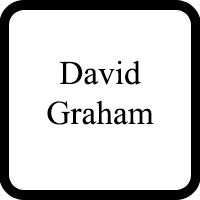Lincoln Estate Lawyer, Rhode Island
Sponsored Law Firm
-
 x
x

Click For More Info:
-
Botelho Law Group
901 Eastern Ave Suite 2 Fall River, MA 02723» view mapEstate Law Fall River Lawyers
At the Botelho Law Group we have several attorneys, with different specializations; to help your case’s individual needs.
800-229-5331
David L. Graham
✓ VERIFIEDBankruptcy & Debt, Criminal, Estate, Divorce & Family Law, Accident & Injury
Since 1982, Attorney Graham has represented clients in many diverse areas of the law. He has represented hundreds of clients in the area of consumer b... (more)
Charles H. White
Business Organization, Contract, Estate Planning, Wills & Probate
Status: In Good Standing
Andrew G. Nault
Commercial Real Estate, Landlord-Tenant, Nursing Home, Estate Planning, Estate
Status: In Good Standing
 Joseph Botelho Fall River, MA
Joseph Botelho Fall River, MA

